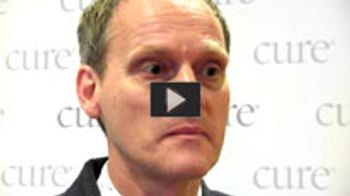
C. Ola Landgren discusses ways to measure response to treatment in multiple myeloma.
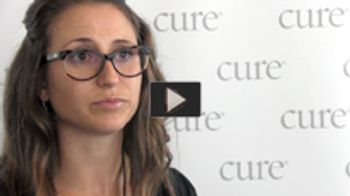
Alison Morris, Hematology/Oncology Nurse Practitioner, Stanford Health Care, discusses her hopes for the future of screening for emotional and physical distress.
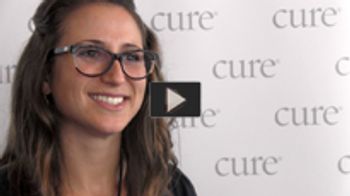
Alison Morris, Hematology/Oncology Nurse Practitioner, Stanford Health Care, discusses a study looking at screening for emotional and physical distress.
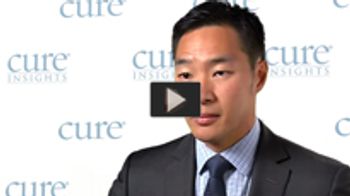
In this segment, David Liu, shares a case study of a 33-year-old woman with stage 4 colorectal cancer that had metastasized to the liver.
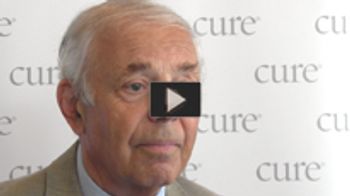
Rudolph Navari, discusses a study of olanzapine for the prevention of chemotherapy-induced nausea and vomiting (CINV) in patients receiving highly emetogenic chemotherapy.
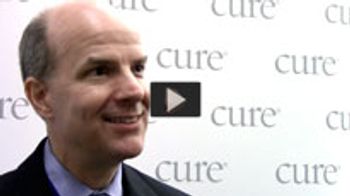
Christian J. Nelson, clinical psychologist, Memorial Sloan Kettering Cancer Center, discusses how quality of life changes over time and cancer's effect.
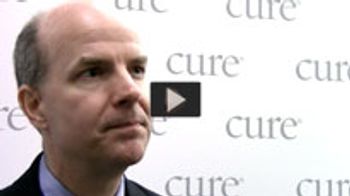
Christian J. Nelson, clinical psychologist, Memorial Sloan Kettering Cancer Center, discusses the treatment of older patients with cancer.
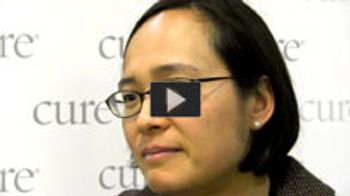
Amanda L. Kong, discusses why patients should consider seeking a second opinion for their breast cancer diagnosis and care at a high volume hospital.
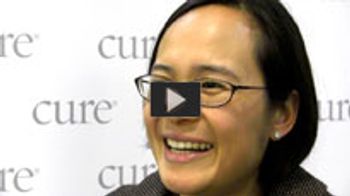
This study sought to identify patterns of breast cancer care at high volume hospitals.
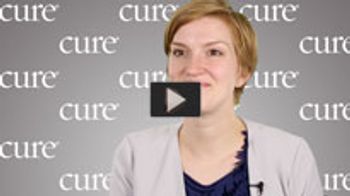
Carolyn Presley discusses the implications of screening on diagnosis and treatment of lung cancer.
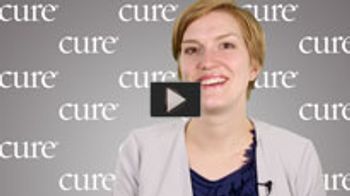
Carolyn Presley, clinical fellow, geriatric oncology, Yale Cancer Center, Robert Wood Johnson Clinical Scholar, discusses a study looking at the burden of health care on patients undergoing curative lung cancer care.
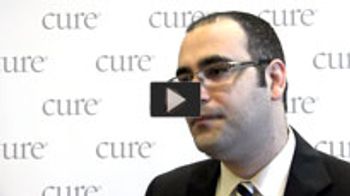
Aziz Nazha, Hematology and Medical Oncology Fellow, Cleveland Clinic, discusses adverse events associated with treatment for myelodysplastic syndrome (MDS).
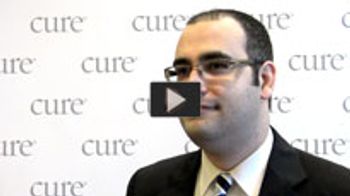
Aziz Nazha, Hematology and Medical Oncology Fellow, Cleveland Clinic, discusses the future of treating patients with myelodysplastic syndrome (MDS).
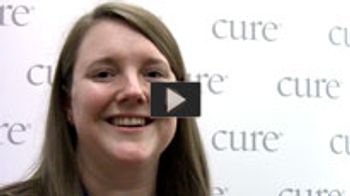
Bethany Andrews Rhoten, Assistant Professor of Nursing, Vanderbilt University, discusses how patients with cancer can cope with body image issues.
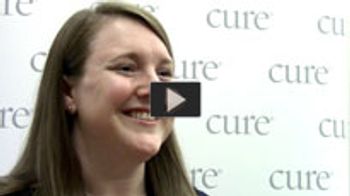
Bethany Andrews Rhoten, Assistant Professor of Nursing, Vanderbilt University, discusses body images among patients and survivors of head and neck cancer.
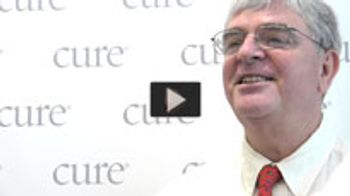
Kaunitz says that hot flashes and fatigue are the most commonly experience side effects.
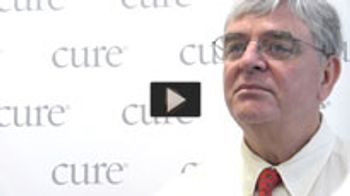
What is bioidentical hormone therapy? Andrew M. Kaunitz answers this important question.
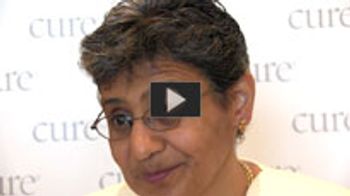
Anees B. Chagpar, director of the Breast Center at Smilow Cancer Hospital at Yale-New Haven, discusses what a patient can expect following a contralateral prophylactic mastectomy.
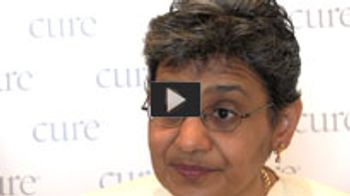
Anees B. Chagpar, director of the Breast Center at Smilow Cancer Hospital at Yale-New Haven, provides an overview of contralateral prophylactic mastectomy.
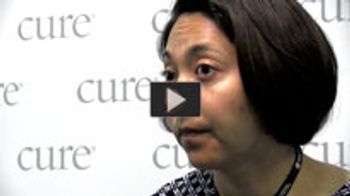
Lecia V. Sequist, discusses the adverse event profiles of rociletinib (CO-1686) and osimertinib (AZD9291).
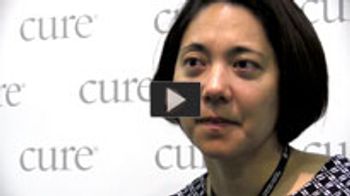
Lecia V. Sequist, associate professor of medicine, Massachusetts General Hospital, provides an overview of T790M, a mutation in the epidermal growth factor receptor (EGFR) gene.
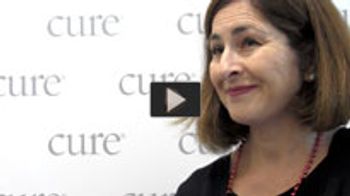
"We can actually improve quality of life," Sharon L. Bober says. "Why wouldn't we want to do that for everyone?"
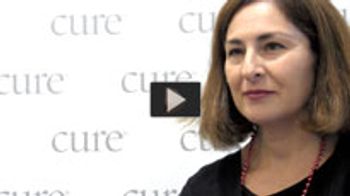
Sharon L. Bober, director, Sexual Health Program, Dana-Farber Cancer Institute, discusses changes in sexual health as they relate to different treatments for cancer.
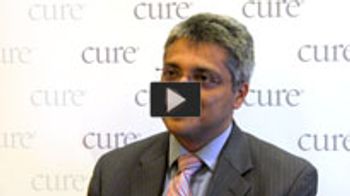
There are several agents available for patients who experience recurrence, Kumar says, though nearly all of them have the potential to move to an earlier setting.
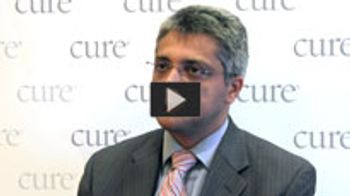
Shaji Kumar, professor of medicine, Division of Hematology, Mayo Clinic, discusses common treatment-related adverse events from monoclonal antibodies in patients with multiple myeloma.
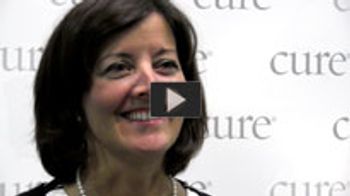
Marianne Davies, from Smilow Cancer Hospital, Yale School of Nursing, provides an overview of immunotherapy-related side effects that patient with lung cancer may experience.
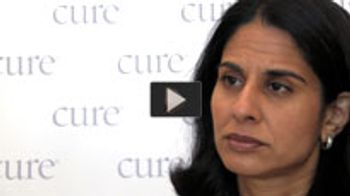
There are many clinical trial opportunities, Tolaney says, before surgery.
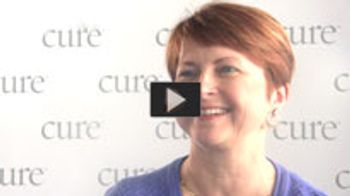
Finn says it's important for advocacy organizations to attend and socialize at these conferences to explore possible collaborations.
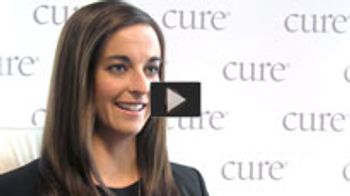
Jacquelyn Powers, genetic counselor, Abramson Cancer Center, University of Pennsylvania, discusses how to empower patients with information regarding genetic testing.
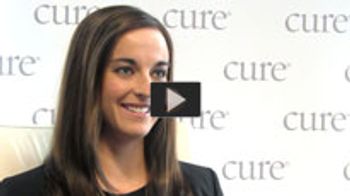
Jacquelyn Powers, genetic counselor, Abramson Cancer Center, University of Pennsylvania, discusses when individuals should consider genetic testing.